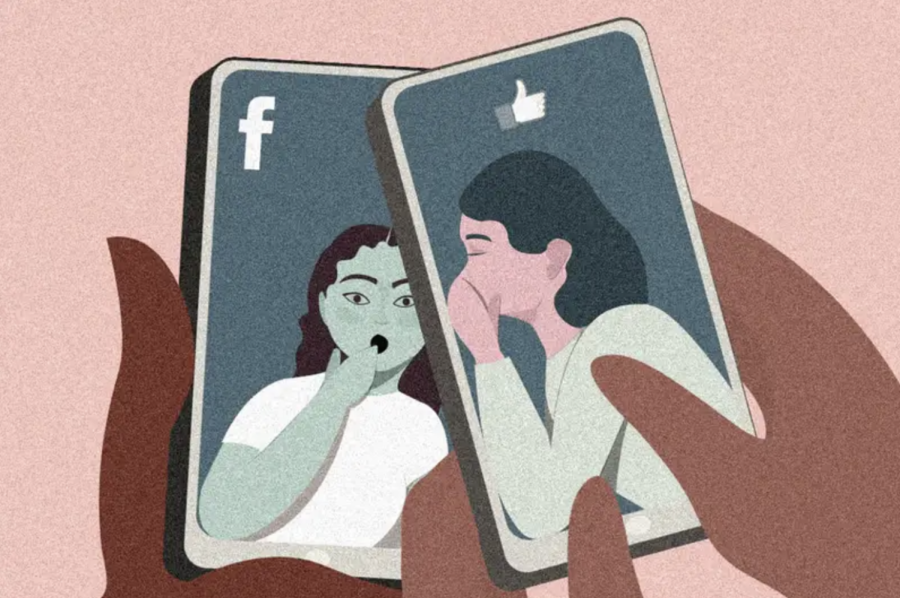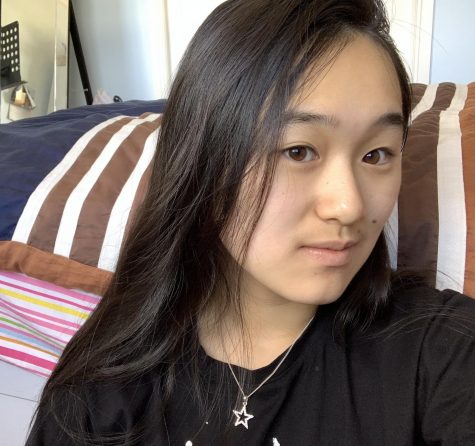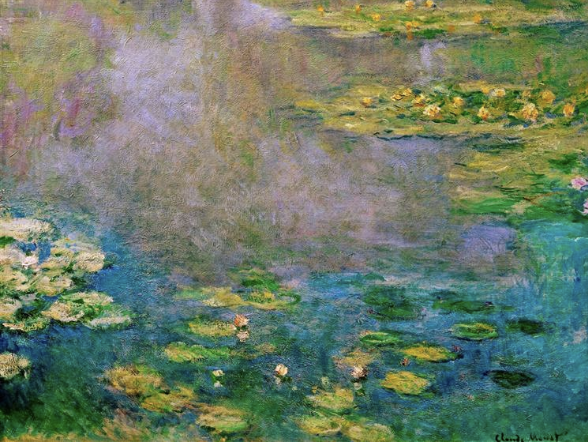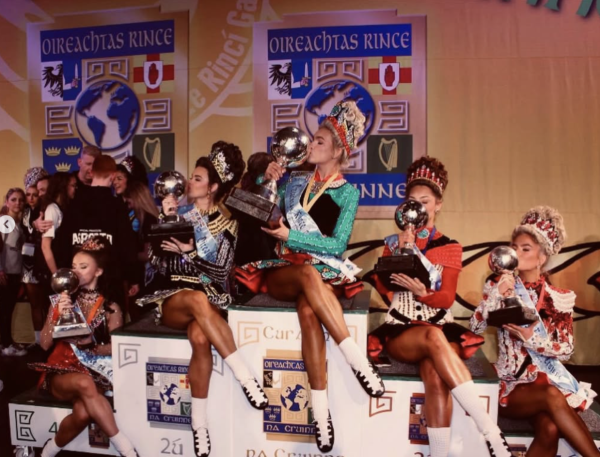You’re Not Ugly…You’re Just Poor
The sensitive trend of ‘you’re not ugly, you’re just poor’ has been fixed in the media for years, as the toxicity of the topic has been continuously fueled by opposing arguments. So what is this trend about?
The saying essentially outlines how prettiness is often based on being comfortable with the price that comes with looking and maintaining attractiveness.
The ideal woman has long been romanticized, with many female characters in historical literature fitting into the trend of beauty without any apparent effort. When it comes to reality, however, it’s nothing new that the rich will always get more of a head start on looking ‘pretty’ or ‘beautiful’, as they are able to afford better garments, hygiene and lifestyles.
This type of ‘natural’ beauty comes with a cost. We are often persuaded into thinking that the influencers or idols boasting the #nomakeuplook or ‘I just woke up’ snapshots have won the genetics lottery. Whilst this may sometimes be true, people rarely think about the price tag that comes with this beauty.
Is it possible to have poreless porcelain skin naturally? Absolutely. But aside from genetics, maintenance is also important. Starting from the very basics, the health of our skin (our largest organ) is dependent on what our body consumes, making lifestyle an important part of maintaining beauty. Similarly, straight white teeth often come with the price tag of braces and plates, costing thousands upon thousands to achieve the perfect smile.
No matter how natural they may seem, many of the things you see in the media are not attainable without a lot of effort.
Beauty standards are set by money, so no matter how ‘natural’ something may look, the level of perfection you see in the media is simply not attainable in real life. It only seems natural as a result of being normalized, because the media just doesn’t talk about how much work and effort actually goes into achieving such beauty goals and maintenance.
This lack of transparency online is what makes people vulnerable to insecurities and highlights the need to stop chasing after this ‘money induced perfection’. If it’s your dream to live up to top beauty standards without the cost that comes with it, that is perfectly understandable. But comparing your face and body to those that have been worked on by professional makeup artists, hair stylists, or filtered on social media is likely to have negative impacts on your self-esteem.
Mainstream standards are always changing, so it is important for individuals and society at large to remember to not take these too seriously.








